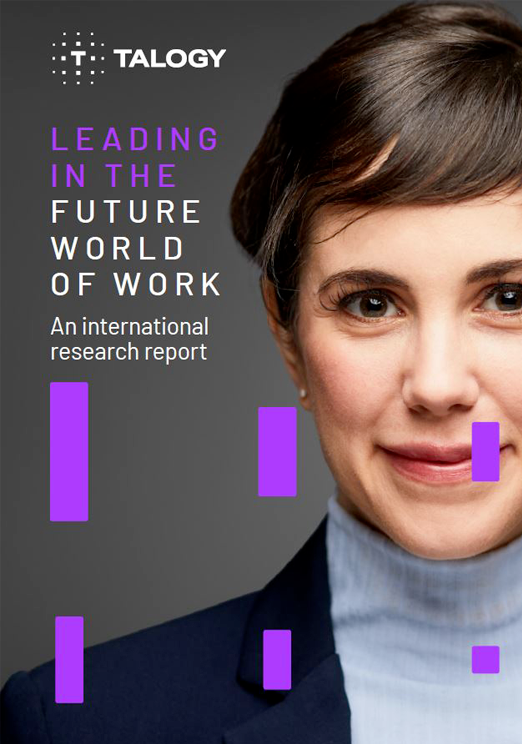Beyond the squeaking of sneakers, the passion of college crowds, and the thrill of an underdog, NCAA March Madness generally brings to mind one word: brackets.
Every March, the pseudo-science of predicting college basketball brackets comes into play. “Expert analysts” are brought in to give you their perspective, but every year, someone who doesn’t know the difference between a free-throw and a fadeaway seems to best the so-called experts. Moreover, that person often admits to choosing winners based on team names, colors, or mascots.
So how does this phenomenon happen? In this kind of tournament, any team can win one particular game. You’re dealing with 50-50 odds, thus rendering insiders’ input irrelevant. It would be like bringing in a coin-flip-ologist to give expert advice on the virtue of picking heads or tails before NFL kickoffs.
And by what means are the so-called experts picking winners? Past performance and basketball talent. Not that these are foolish metrics to go by, but with so many factors at play, these measurements are superficial. While it’s great to know a person’s shooting percentage and a team’s win-loss record, these data hold little predictive power.
Similarly, in the world of People Analytics, there are also pseudo-scientists masquerading as experts on talent management. But once you strip away the marketing slogans, you realize their instruments don’t say anything definitive about the person being assessed. They are essentially using past performance to predict someone’s career path – without looking at the individual’s unique motivators – or slotting that person into generic job buckets.
On the other end of the spectrum, Caliper uses years of data and verifiable science to help organizations, including professional and collegiate sports organizations, assemble winning teams.
For example, instead of becoming fixated on a player’s statistics, Caliper has studied Major League Baseball performance data and concluded that three key factors consistently predict success: stress tolerance, levelheadedness, and ego-strength.
“You can look at win-loss records during the regular season, or identify the physical attributes of the team, but does that tell you anything about how players are going to react in a single-game elimination in a college environment? The emotionality associated with March Madness has got to have an impact,” Tom Schoenfelder, Ph.D., Caliper’s SVP of Research and Development, says.
An intense college tournament such as March Madness also brings about a phenomenon called Social Facilitation, Tom notes, which has been shown to increase one’s predominant reaction in front of a group. Basically, if you’re practiced at something, you tend to perform better. If you’re not practiced at something, you tend to perform worse.
“There could be elements of a team’s or an individual’s game that may be impacted by the social facilitation, the crowd,” Tom adds. “The weakness of a team or individual may also be exacerbated by being in that environment. That’s something your bracket analyst is probably not taking into consideration: one’s ability to deal with stress.”
When it comes to team development, it’s best to use science as the true method to your…madness.

